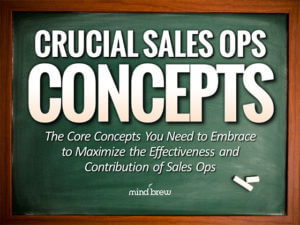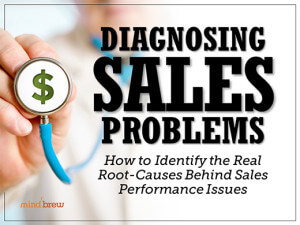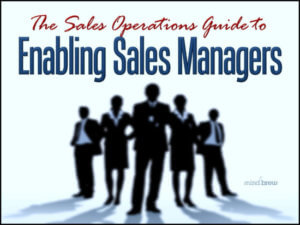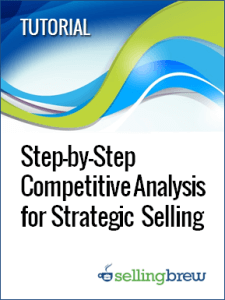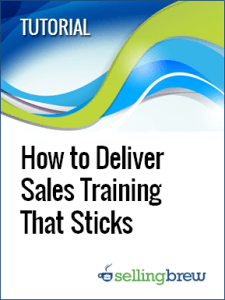To ensure that the point of this article isn’t taken the wrong way, let’s first review a definition of strategic sales operations:

There’s a whole lot to unpack in this definition, but the core idea is that you’re building a machine…a sales machine…that generates the outcomes you want…over and over again…naturally…automatically…and at-scale.
Continuing the manufacturing analogy…
Rather than trying to improve the quality of each individual product as it drops off the end of the assembly line, you’re focused on developing the assembly line itself in such a way that it produces higher-quality products as a matter of course.
And that’s why focusing on helping individual sales reps is not a strategic endeavor for Sales Ops.
Am I saying that Sales Ops shouldn’t be helping individual sales reps work through deal-specific issues and timely problems? Of course not!
I’m simply suggesting that individual sales reps, working individual deals, are very close to the end of the assembly line. Therefore, the issues they are running into, or needing help with, are likely symptomatic of underlying problems or deficiencies much earlier in the process.
So…while helping individual sales reps solve problems at a tactical level, Sales Ops should always be looking to identify and address the strategic issues that are likely causing, or contributing to, those tactical problems in the first place.
What might those more strategic issues be? Here are just some of the likely suspects:
- Weak Recruiting & Hiring
- Ineffective Onboarding
- Poor Targeting Definitions
- Lack of Negotiation Training
- Wrong Incentives & Rewards
- Ill-Equipped Sales Managers
- Weak Demand Generation
By working to address the more strategic issues…i.e. fixing the assembly line itself…Sales Ops can not only solve problems for the individual reps right now, they can eliminate those problems for every other rep into the future.

